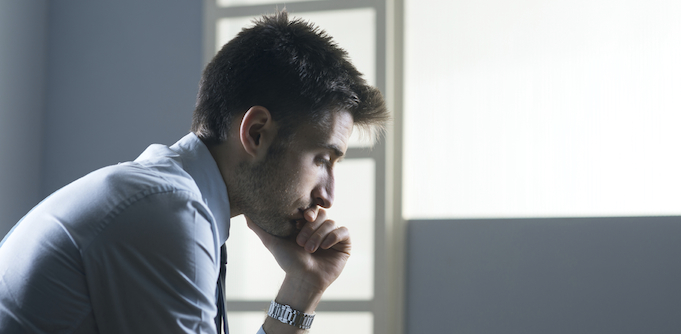
By Karen Coombs
How stressed are you in your work life on a scale of 1-10? Dr Merle Friedman, director of the Global Resilience Index, a group that supports organisations with improving productivity and mental wellbeing at work, says if you score higher than five you could be heading for trouble.
Speaking at the National Conference in Brisbane for the Governance Institute of Australia yesterday, Friedman says employees working longer and harder can lead to unproductivity and poor decision-making and when decisions are made under pressure, it can be bad for business.
The number of employees seeking compensation over workplace-related stress is on the rise, with $273 million paid out during 2013-14 in Victoria alone.
Friedman challenged the audience to prioritise staff wellness on the list at their board meetings.
“It’s typically put to the end of the board meeting,” she says. “What’s [considered to be] important goes to the top.
“By the end of the meeting we’re tired, cognitive bias creeps in and our capacity to think clearly is set back.”
Friedman explained that employees develop ‘negative resilience’ when they find ways to cope with on-going stress and work pressure which they do not feel they have the capacity to change.
She says when a person believes they have to get used to a situation they develop two symptoms, denial and disassociation, and this leads to people not caring or feeling.
“We manage to keep working under these conditions unaware of the impact on ourselves and others,” she says.
“It comes at a huge cost and the end-point can be burn-out and even hospital.”
Craig Taplin, chief executive of Global Resilience Index, told the story of when he was a young executive living in London and successfully turned a company around in six months that had gone into administration. He was enjoying the fruits of his hard work with an apartment on the Thames, a BMW in the driveway and a great social life.
But the chairman of the company decided he wanted to go back to the old business model and Taplin believed it to be a huge risk.
Taplin started working very long hours, getting home at 2am and had many difficult discussions with the board. He got tough on himself and others and eventually people started leaving.
“This had never happened to me before,” he says. “I became obsessed with others meeting my expectations.
“I tried alcohol and cigarettes to help me relax and started withdrawing from friends.
“I pushed too hard for too long and eventually hit the wall. It took one challenging decision from the board to push me over the edge and I left.”
Dr Friedman says if Taplin had stayed he would have burnt-out.
She says social withdrawal is common and substance abuse is a typical mechanism people use to cope but eventually has the reverse effect.
READ MORE: Small business owners – It’s time to talk about mental health
Taplin says businesses need to have mechanisms in place to measure stress and to begin asking the right questions. He says business owners, board members and executive teams need to ask the questions of themselves first.
“If you can’t answer them for yourself you’ve got a rather unmeasured risk,” he says.


COMMENTS
SmartCompany is committed to hosting lively discussions. Help us keep the conversation useful, interesting and welcoming. We aim to publish comments quickly in the interest of promoting robust conversation, but we’re a small team and we deploy filters to protect against legal risk. Occasionally your comment may be held up while it is being reviewed, but we’re working as fast as we can to keep the conversation rolling.
The SmartCompany comment section is members-only content. Please subscribe to leave a comment.
The SmartCompany comment section is members-only content. Please login to leave a comment.